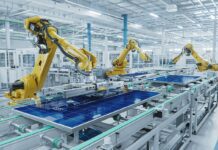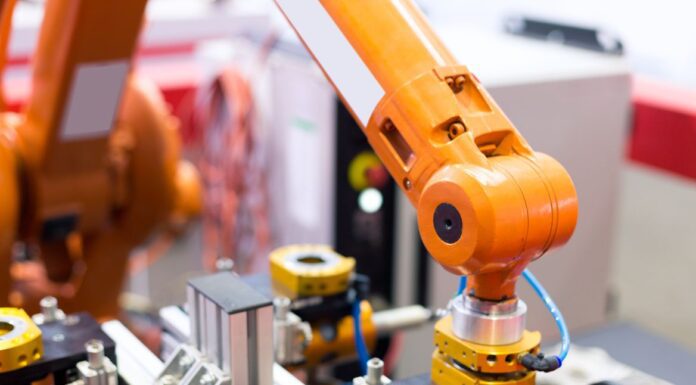
Business leaders have convened at the recent CommBank Western Sydney Manufacturing Roundtable to tackle factors that impact digital transformation in the manufacturing industry.
Australian manufacturers at the event highlighted their business priorities, ranging from welding and joinery machines to upskilling staff for advanced machinery and cloud implementation.
The Australian manufacturing industry has stepped up its digital transformation and is not seeing signs of slowing down, according to Commbank’s Manufacturing Insights Report.
The survey, which was released in March, has shown that nearly three out of four manufacturers have doubled down on their technology investments due to the pandemic. The same figure is also expected to see similar improvements by the end of the year.
Business leaders at the recent roundtable said they continue to focus on balancing the quality of products and saving time. Technological advances had improved precision in the production process but they noted that this may not yet be a one-solution-fits-all matter.
The Manufacturing Insights Report showed that process control was the top area of technology investment, which has been cited as a priority for more than one in three manufacturers.
Kuldeep Wahi, a chief financial officer of Prestons-based Titus Tekform, noted that aside from boosting productivity, transforming processes can also deliver a superior outcome for customers.
“Our Titusonic technology, a wood welding process, makes assembly and joinery of kitchen cabinetry faster and more precise,” Kuldeep said. “It’s helping where tradespeople are impossible to find, but it’s also leading to near-perfect finishes in the edging of modular kitchens. It takes labour and time away, but it also took 10 years and significant investment to develop.”
Roundtable attendees have also tackled challenges that hinder their digital transformation. Some of the issues that were cited mirrored the findings of the Manufacturing Insights report, such as the lack of expertise and resources amid competing priorities.
Skills shortages were also discussed as an industry-wide issue, but specific expertise in new tech areas was more acute for some manufacturers, Commbank said in an article.
One of the common challenges cited by attendees was accommodating new technology and equipment on the shop floor. This issue typically requires larger factories and associated overheads, which are not always available for businesses.
“The industry will experience massive change over the next two years, and we are focused on opportunities for increased automation. However, to introduce new technology and machinery, you need more space and to think differently about traditional configurations of the factory,” an attendee explained.
















